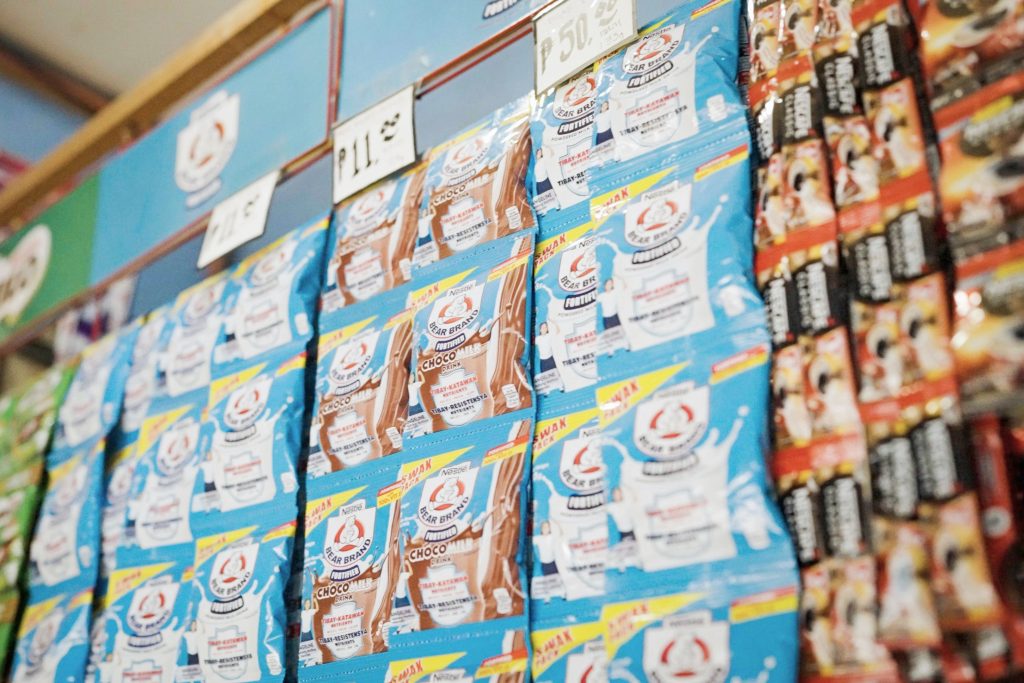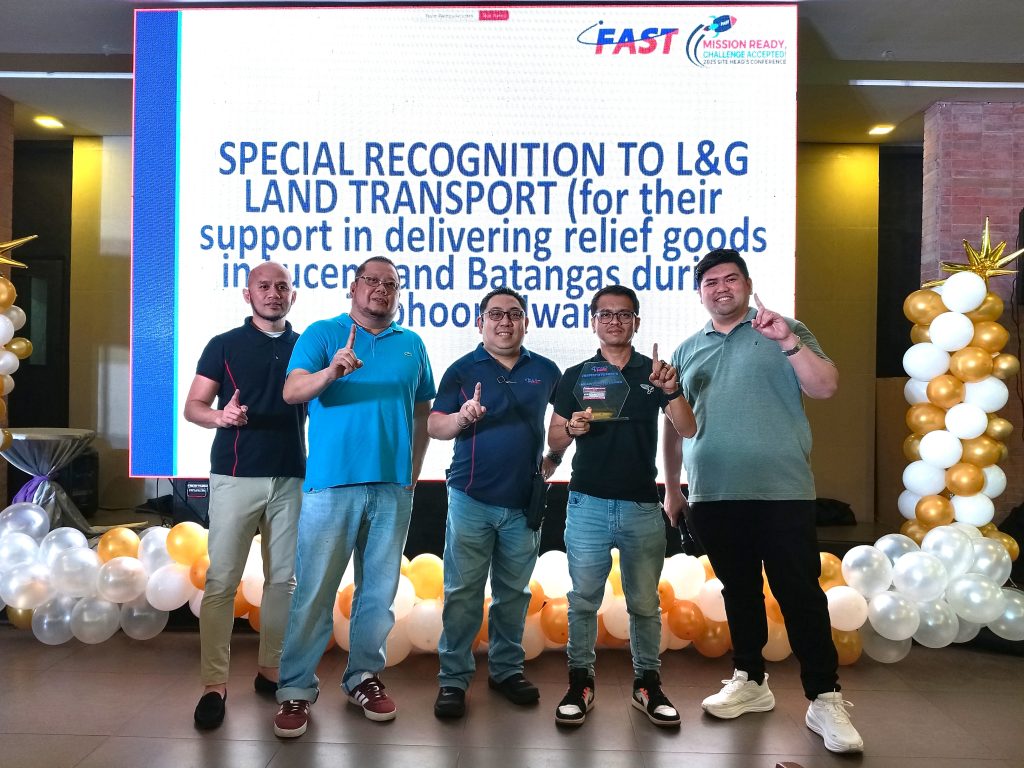
A cold chain facility in the Philippines plays a pivotal role in preserving the integrity of perishable goods, especially during summer when temperatures soar. From food items to pharmaceuticals, the capability to store, transport, and distribute temperature-sensitive products is crucial to meet the needs of consumers and protect supply chains across the country.
Companies rely on cold chain solutions providers to ensure that their products remain fresh and safe for consumption despite the scorching heat during summer months. These providers, many of whom are in the logistics industry, have the expertise, assets, and technology to guarantee that goods are kept at the ideal temperature throughout their journey from production to consumption.
FAST Logistics Group, the leading end-to-end logistics company in the Philippines, dives into the inner workings of a cold chain facility, the importance of cold chain in supply chains and the national economy, and the qualities of a good cold chain provider in the Philippines.
What is a Cold Chain Facility
A cold chain facility is a specialized storage, transport, and distribution center designed with temperature control capabilities to preserve the quality and safety of perishable goods such as food and medicines.
Other temperature-sensitive products such as chemicals, laboratory samples, biological materials, and electronic components that are highly sensitive to higher temperatures or rise in heat, humidity, fluids, and other environmental conditions are also stored inside cold chain facilities.
In the Philippines, cold chain facilities often consist of cold storage warehouses equipped with refrigeration systems or freezers for blast freezing. These facilities also have advanced monitoring and tracking systems to ensure strict temperature control.
This summer, a heightened demand for food and cold beverages is expected as people try to cool off from the heat. In turn, the need for cold storage facilities will also increase, making it essential for companies to have reliable cold chain partners in the Philippines.
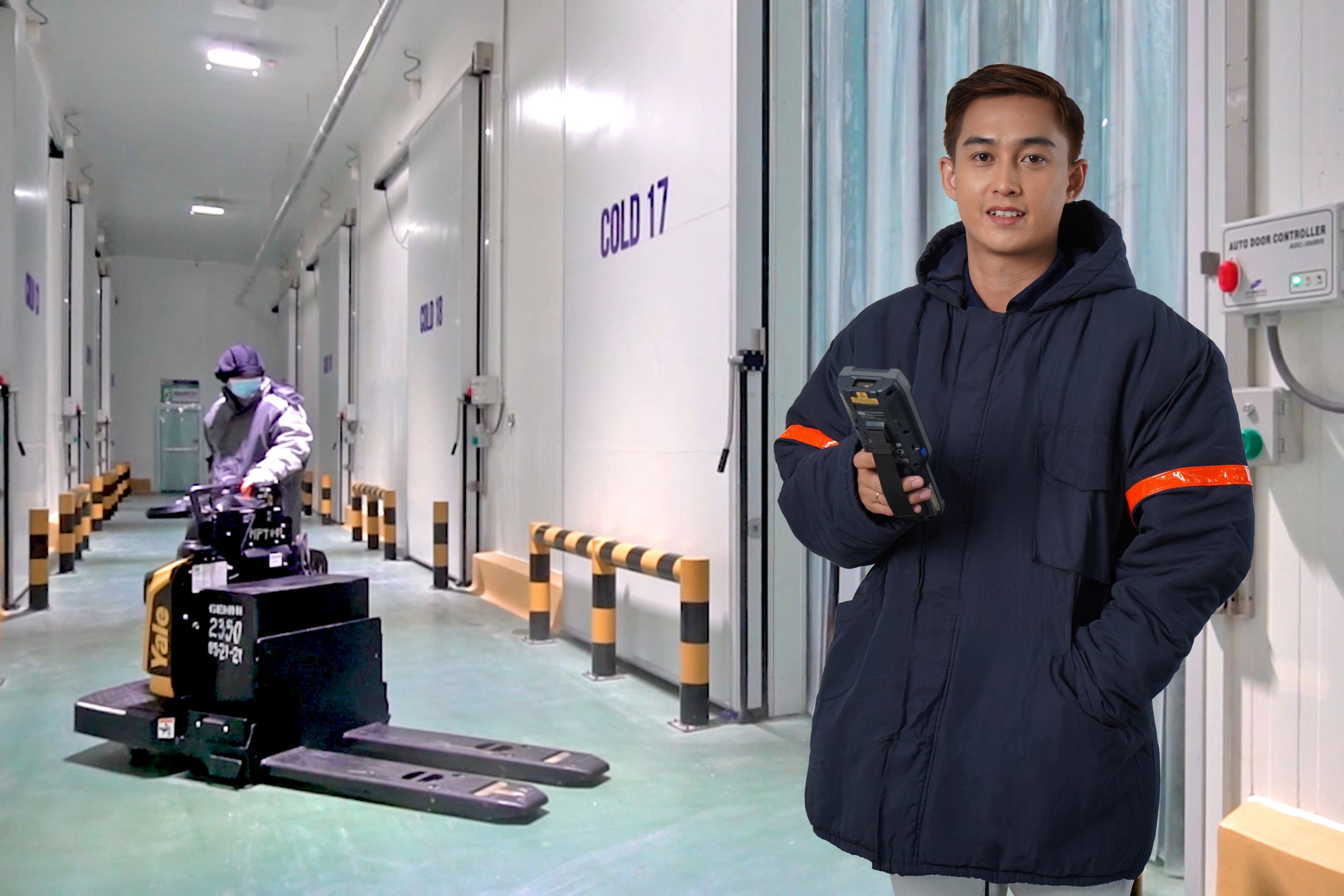
The cold chain industry in the Philippines is thriving and well-equipped with advanced technology. As of 2024, there are approximately 710,000 pallet positions available for cold storage in the country, as reported by the Cold Chain Association of the Philippines (CCAP), a professional organization committed to promoting and enhancing the country’s cold chain sector.
Key Features of a Cold Chain Facility in the Philippines
Understanding the key features of a cold chain facility is essential for companies that need services for the storage, handling, and transportation of temperature-sensitive goods. Here are some of them:
Cooling Systems
The cooling systems serve as the backbone of cold chain facilities, providing the required temperatures within storage areas. These cooling systems typically range from refrigeration (above freezing) to freezing temperatures, depending on the specific requirements of the products being stored.
Temperature-Controlled Storage Areas
Cold chain facilities feature insulated cold storage areas equipped with temperature control systems to regulate heat and ensure that perishable goods remain within the required temperature range. Proper insulation is essential to minimize heat transfer between the internal and external environments, helping to maintain stable temperatures within storage areas.
Devices for Monitoring Temperature
Temperature sensors, data loggers, and automated control systems enable cold chain facilities to continuously monitor and regulate the temperature fluctuations within storage areas to reduce costs related to spoilage and ensure product quality and safety.
Hygiene and Sanitation Facilities
Hygiene and sanitation within cold storage areas are equally vital to avoid contaminating perishable goods. Cold storage areas should undergo regular cleaning and disinfection to maintain ideal conditions for stored products.
Specialized Transportation
In addition to storage facilities, cold chain logistics often involve refrigerated vehicles equipped with temperature and thermal monitoring systems and control to maintain product integrity during transit. Trucks, vans, and even motorcycles for last-mile delivery should prevent heat loss throughout the journey, especially if these are used to transport food during summer.
A Glimpse Inside a Cold Chain Facility in the Philippines
In the following video, FAST takes viewers into what’s inside its cold chain facility in Cavite. The cold chain hub offers cold chain services to various companies including meat processing and importation businesses, full-service and quick-service restaurants, and the provincial health office.
FAST showcases the storage areas and demonstrates how temperature-sensitive goods are shielded from heat, humidity, and other unwarranted conditions. For instance, one of the 26 cold rooms stores dairy products that require a temperature of around 5 degrees Celsius to preserve freshness. Warehouse staff must also wear personal protective equipment such as hairnets, freezer jackets, safety shoes, and face masks when traveling to and from these cold storage rooms.
Watch the full video below.
Benefits of Temperature Control Systems during Hot Weather
Higher temperatures during the summer months pose significant challenges for supply chains in the Philippines and the region. Without maintaining proper temperature control, perishable goods are at risk of spoiling, losing quality control and safety during transport and storage.
Here are the benefits of temperature control during hot weather:
Minimizes Product Loss
Heat speeds up the decay of perishable items mainly due to microbial growth, oxidation, and moisture loss. By utilizing temperature-controlled production environments, companies can ensure that their products stay fresh and secure for consumption until they are delivered. This aspect is particularly vital for companies in the food sector, as food wastage and spoilage can lead to significant financial challenges.
Extends Shelf Life
Storing products at the required temperature extends their shelf life. The cooler the temperature range storage, the lesser the rate of decomposition. For instance, refrigerated medicines and vaccines have a longer shelf life than those stored at room temperature.
Maintains Product Quality
Temperature control helps preserve the quality of perishable goods such as fruits, vegetables, meat, and seafood. These items are highly sensitive to temperature and humidity, which can cause changes in texture, flavor, and appearance. By maintaining ideal temperature conditions, businesses can ensure that the quality of their products remain high.
Ensures Food Safety and Medicine Efficacy
Temperature-controlled production environments are crucial in maintaining food safety and medicine efficacy. Proper temperature control during production can prevent the growth of harmful bacteria, keeping food safe for consumption. It also benefits the pharmaceutical industry, especially for companies that need temperature control during production to preserve the effectiveness of drugs and vaccines.
Importance of Cold Chain Facility in the Philippines
The cold chain industry plays a crucial role in helping companies provide top-notch services and goods across the supply chain. Here are five reasons highlighting the importance of cold chain facilities in the Philippines:
Ensures Safety of Perishable Goods
The Philippines has a diverse and growing agricultural sector, producing a variety of perishable goods such as fruits, vegetables, and seafood. With the help of cold chain facilities that control heat production and changing temperatures, these products can be stored and transported at controlled temperatures to prevent bacteria growth and preserve their quality for consumption.
Reduces Food Wastage
In developing countries like the Philippines, food wastage is a significant issue due to improper storage and transportation methods. Cold chain facilities can help reduce food wastage by ensuring that perishable goods are delivered in optimal conditions, resulting in less spoilage and more consumption.
Supports the Pharmaceutical Industry
Temperature control is critical in the pharmaceutical industry to maintain the efficacy of medicines and vaccines. Cold chain facilities ensure that these products are stored and transported at the recommended temperature to avoid any compromise in their quality and effectiveness.
Enables Trade Expansion
The Philippines is a major exporter of agricultural products, making cold chain logistics essential for both delivery efficiency and trade opportunities. With reliable cold chain facilities, businesses can export their perishable goods to international markets without compromising their quality, opening up more opportunities for economic growth.
Boosts the Economy
The cold chain industry in the Philippines provides job opportunities for many individuals, from facility workers to logistics experts. With continued growth and development of this industry, it can contribute significantly to the country’s economy by creating more employment opportunities and boosting trade and export activities.
Overall, investing in cold chain facilities is crucial for the Philippines to strengthen its position in the global market. Thus, it is vital for companies to carefully choose a reliable cold chain partner to ensure the safe and efficient delivery of their products.
Selecting A Reliable Cold Chain Partner in the Philippines
The cold chain in the Philippines is more than just a link in the supply chain. Instead, it is a vital element that ensures the safety, quality, and integrity of temperature-sensitive products.
By understanding the unique set of capabilities, importance, and considerations of cold chain facilities in the Philippines, businesses can select the right cold chain partner that align with their logistical needs.
What Businesses Should Look for in a Cold Chain Partner in the Philippines
Analysts at Ken Research noted in their report that the cold chain industry in the Philippines is highly fragmented, with over 100 cold transportation and storage players operating in the country. Given the array of cold chain providers available, selecting the right partner be challenging for companies.
Here are key considerations for enterprises when choosing a cold chain partner for your business:
Comprehensive Capabilities and Extensive Experience
Companies will benefit from a cold chain service provider that provides end-to-end solutions, from storage to transportation and value-added services. A partner logistics company with extensive experience in handling temperature-sensitive products can offer a company valuable insights and quality services to ensure the safe and efficient delivery of goods.
Robust Technology Integration
A logistics company with advanced technology and a reliable warehouse and inventory management system for real-time tracking and temperature monitoring of goods can offer better reliability and efficiency. Sophisticated logistics and inventory management systems not only ensure product safety but also enhance efficiency and reduce the risk of loss due to spoilage.
Compliance Certifications
A reliable cold chain partner should have certifications from reputable organizations to prove its adherence to international and local safety and quality standards. This ensures that the provider is capable of managing the complexities associated with cold chain logistics.
Strategic Network
Companies can also rely on a cold chain partner with facilities and networks that cover key locations across the Philippines, allowing them to enter new markets or expand market reach. Strategic network also provides companies with better coverage and accessibility to different regions, ensuring timely deliveries with minimal risks of supply chain disruptions.
Sustainability Practices
Companies offering cold chain solutions should not only take care of their services or business but also the environment. Cold chain providers should find ways to reduce costs, integrate eco-friendly practices, and minimize carbon emissions to contribute to a sustainable supply chain.
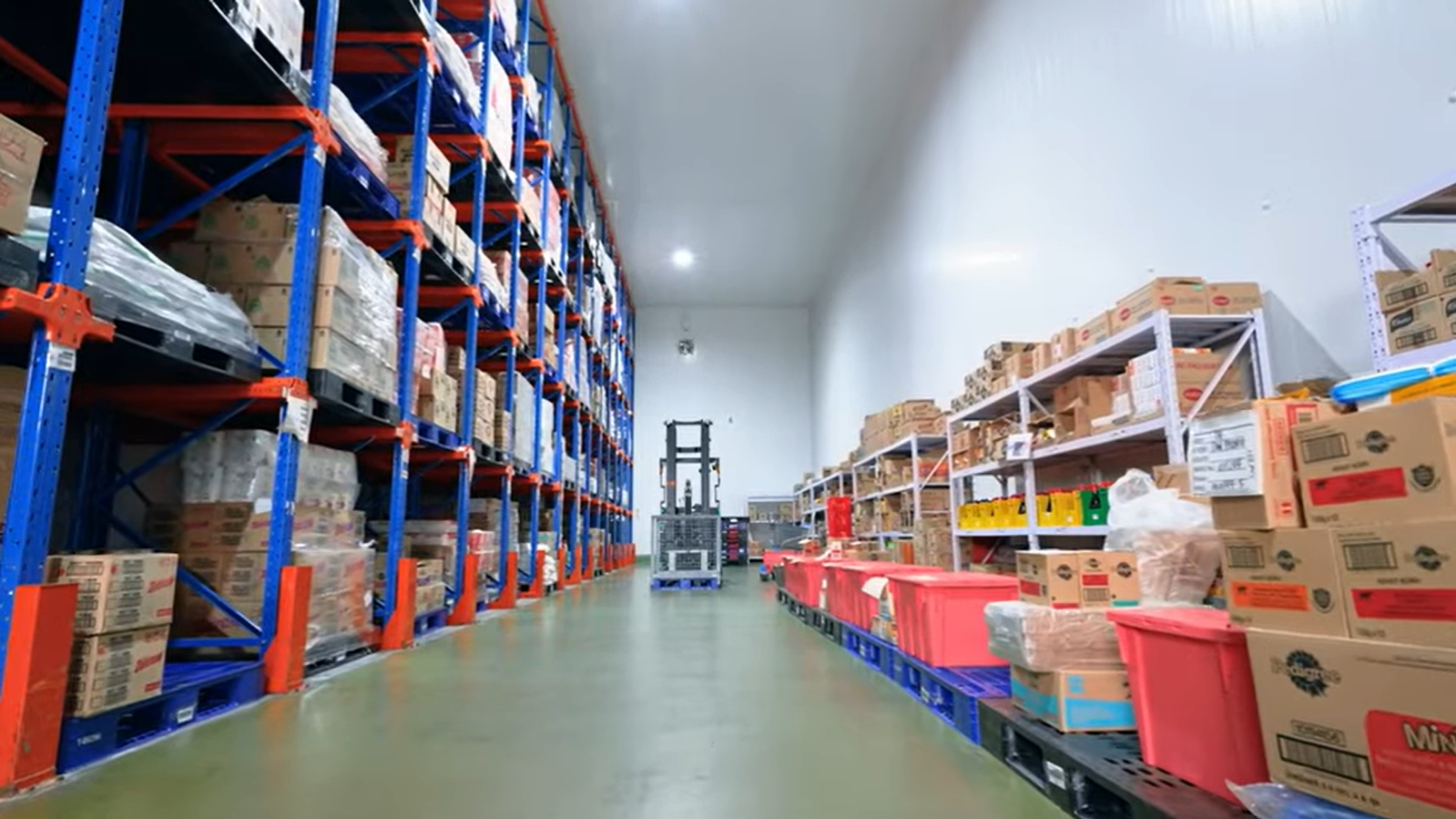
Fresh by FAST: An Integrated, Intelligent, and Flexible End-to-End Cold Chain Solution
As one of the leading end-to-end logistics and supply chain company in the Philippines, FAST specializes in offering comprehensive and dependable cold chain solutions tailored to diverse business needs under the brand “Fresh by FAST.”
This service is crafted for businesses dealing with perishable goods like meat, poultry, seafood, dairy, processed food, fruits, vegetables, medicines, and vaccines.
“Fresh by FAST” encompasses refrigerated transport, cold storage for frozen and chilled items, and additional services such as blast freezing, meat processing, and packaging, as well as dry warehousing for non-perishable products.
What sets FAST’s cold chain facilities apart is its capability to operate at four distinct temperatures: frozen, chilled, air-conditioned, and dry, providing a one-stop solution for all cold storage requirements. With the recent establishment of new hubs in Cavite and North Cebu, FAST’s cold chain footprint is currently at 30,000 pallets, ensuring readiness to meet all cold storage demands.
Furthermore, FAST’s cold chain hubs provide 24/7 real-time visibility, with temperature and humidity sensors accessible on mobile or web platforms for remote monitoring of goods. This capability guarantees excellent control over stored items.
FAST also leverages Warehouse Management System technology to efficiently manage and supervise all of its warehouse activities, including those within the cold chain infrastructure.
It also installed a rooftop solar system at the FAST Logistics’ cold chain hub in Cavite to generate around 6GWh of renewable energy, covering 20% of the facility’s daily energy needs. This eco-friendly approach reduces CO2 emissions from warehouse operations, promoting long-term energy efficiency and cost savings through the utilization of alternative energy sources.
With a rich history of over 50 years in the industry, FAST stands out as a trusted logistics partner that embodies the essential qualities coveted in a cold chain solutions provider.
Finding the Right Cold Chain Facility in the Philippines For Your Business
In the Philippines, where high temperature poses challenges for businesses, maintaining precise temperature control is crucial to safeguard the quality and safety of perishable items. Thus, working with the right cold chain logistics service provider is important for companies to thrive.
By entrusting their business to a reliable logistics provider with comprehensive cold chain capabilities, extensive experience, robust technology, and a strategic network, companies can ensure that their products are in good hands and reach their destination safely. Additionally, selecting a partner with sustainability practices and compliance certifications can help businesses achieve their environmental goals while maintaining the quality of their products.
FAST helps businesses remain competitive in the market and assure that their products and service are delivered in optimal conditions, even during summer.
To learn more about our logistics services and supply chain solutions, visit http://linktr.ee/fastlogisticsph or contact our Solutions Expert for a free consultation.
Categories
-

FAST Ahead
Includes case studies and testimonials of our partners as well as other featurettes from industry experts
-

FAST Hacks
We simplify logistics terms and provide practical tips and solutions for the DIY in you
-
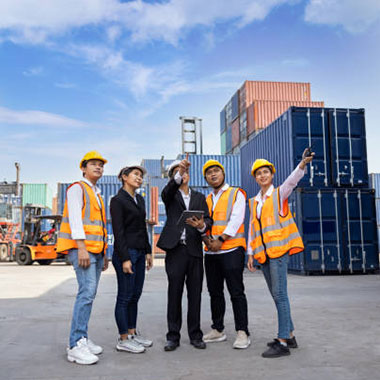
FAST Highlights
Know more about our history, various brands, achievements, and news updates
-

FAST Moments
Get to know the people of FAST, our employee programs, as well as our various ways of giving back to the community
-
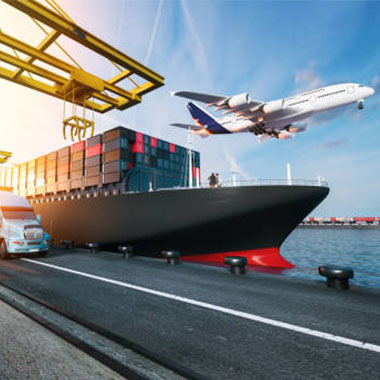
FAST Solutions
Learn more about the various logistics solutions that we cater to and offer our clients, as well as tech innovations, and service facilities
